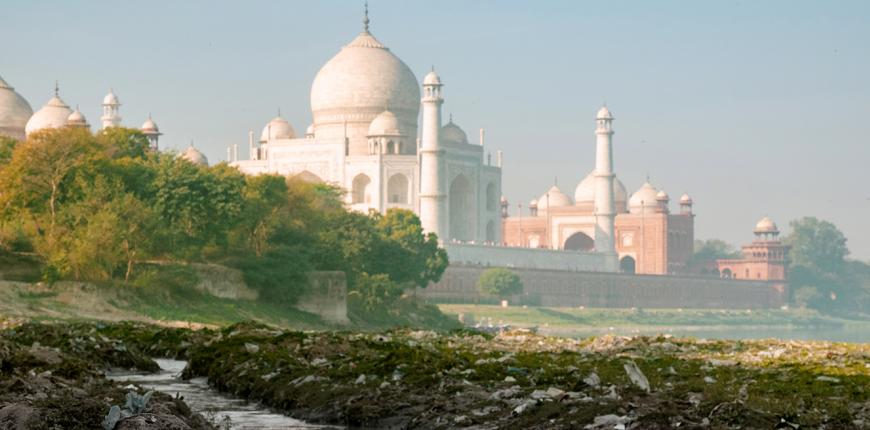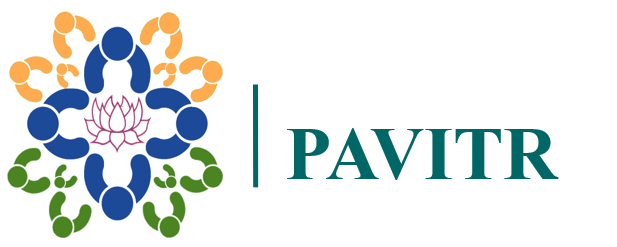The PAVITR Perspective was developed as dissemination activity of the PAVITR project, co-financed by the European Commission and the Science and Technology Department of the Indian Government (project duration: Feb 2019 – Jan 2024).
The PAVITR Perspective contains key results and gathers information of the R&D project PAVITR that stands for “Potential and Validation of Sustainable Natural & Advance Technologies for Water & Wastewater Treatment, Monitoring and Safe Water Reuse in India”. This Perspective has been designed to make project results and key-learnings accessible as toolkit for practitioners and potential users or replicators of the solutions demonstrated under PAVITR when conceiving, launching and growing a new venture in the water and wastewater sector in India.
Concept and editing: Sandra Nicolics (BOKU)
Technical implementation: Martin Wafler and Luis Roberti Pérez (seecon)
Disclaimer
The PAVITR Perspective reflects only the authors' views and not those of the European Community or Project Coordinator. This work may rely on data sources external to the members of the PAVITR project Consortium. Members of the Consortium do not accept liability for loss or damage suffered by any third party as a result of errors or inaccuracies in such data. The information in this document is provided "as is" and no guarantee is given that the information is fit for any particular purpose. The user thereof uses the information at its sole risk and neither the European Community nor any member of the PAVITR Consortiums is liable for any use that may be made of the information.
About the PAVITR project
PAVITR aimed to validate, deploy or develop cost-effective & sustainable solutions to tackle water challenges and ensure the provision of safe water reuse, rejuvenate water quality of rivers, and restore ecosystems in India. Besides demonstrating various nature-based and compact water, rainwater and wastewater purification and reclamation technologies, also options for enabling better monitoring of pollution levels in real-time modes were tested. Among others, research covered the development of schemes for resource recovery, reuse and recycling, Life-Cycle-Assessments for selected technologies, and capacity development in EU-India water cooperation ventures.
The international consortium consisted of 12 European partners, coordinated by the ttz-Bremerhaven and 10 Indian partners, coordinated by AMU Aligarh Muslim University and collaborated from February 2019 to January 2024.
PAVITR is possible thanks to the financial support of:
| Department of Science and Technology of the Government of India Website Established in 1971, the DST has the objective of promoting new areas of Science and Technology and to act as a nodal department for organizing, coordinating and promoting S&T activities in India. | 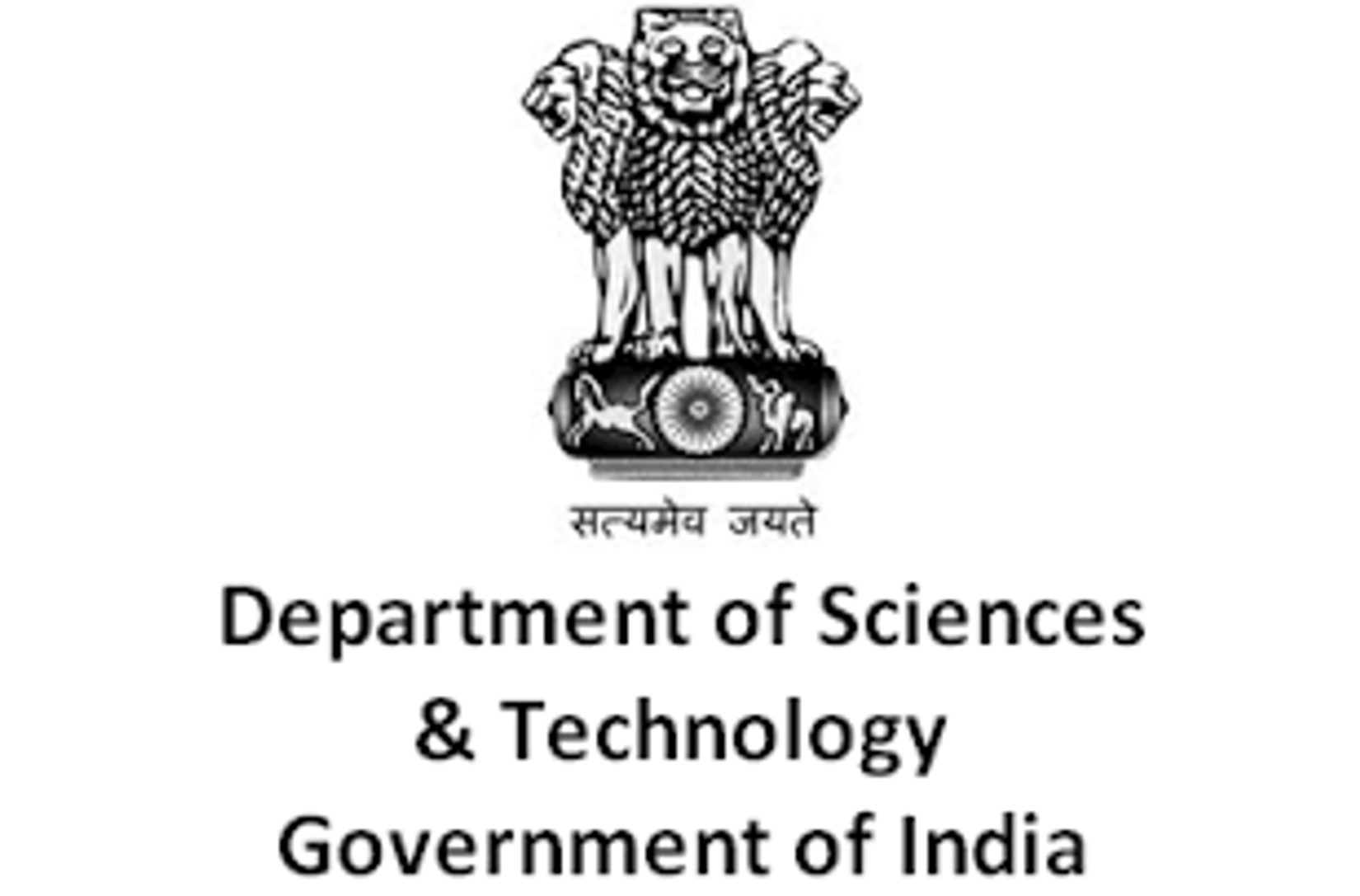 |
| European Commission, within its 7th Framework Programme for Research and Innovation Website The EC is the executive body of the European Union, and supports and fosters research through its Framework Programmes for Research and Technology Development. This project received funding from the EU’s Horizon 2020 research and innovation programme. | 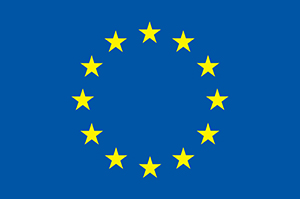 |
PAVITR was coordinated by:
| Aligarh Muslim University Website Originally established as Mohammedan Anglo-Oriental College in 1875 during the British rule, it was given the status of the University in 1920. The Department of Civil Engineering in the Faculty of Engineering and Technology has been constantly contributing to the cause of engineering education and training since its inception in the year 1942. | 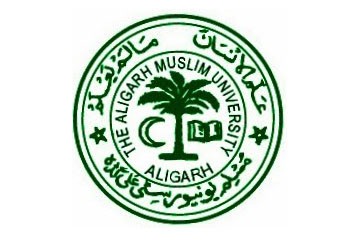 |
| Technology Transfer Centre Bremerhaven (TTZ) Website Established in 1987 in Bremerhaven, Germany, TTZ It is an innovative provider of technology transfer services and conducts customer-oriented trainings, research and development. | 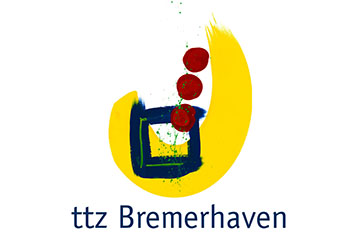 |
Indian Project Partners:
| Ecosan Services Foundation Website Ecosan Services Foundation is a non-profit organisation based in Pune, India with a vast knowledge in the field of wastewater management and in stakeholder involvement. | 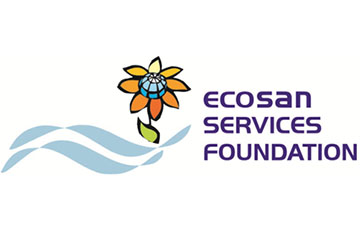 |
| Council of Scientific & Industrial Research - National Environmental Engineering Research Institute (CSIR-NEERI) Website Established in 1958, NEERI is devoted to research and innovations in environmental science and engineering, besides solving a range of problems posed by industry, government and public in India. CSIR-NEERI has a nation-wide presence with its head quarter in Nagpur and five zonal laboratories in Hyderabad, Chennai, Delhi, Kolkata and Mumbai. | 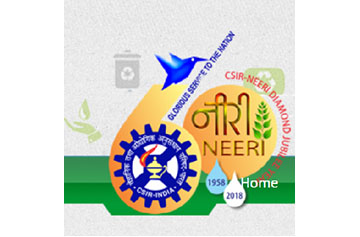 |
| Indian Institute of Technology Kharagpur (IITKGP) Website Established in 1951, IITKGP has been engaged in a development with about 18 academic departments and five centres of excellence. The Institute aligns all its activities to serve national interest of India in relation to education and offers best expertise in science, technology, management and law and to imbibe a spirit of entrepreneurship and innovation in its students, to undertake sponsored research and provide consultancy services in industrial, educational and socially relevant areas. | 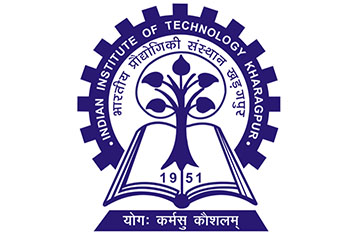 |
| Indian Institute of Technology- Indian School of Mines IIT-ISM Dhanbad Website Having started as an institution to impart mining education, IIT-ISM Dhanbad has today grown into a technical institution with various academic department and is a well-established research and public engineering institution in Dhanbad. | 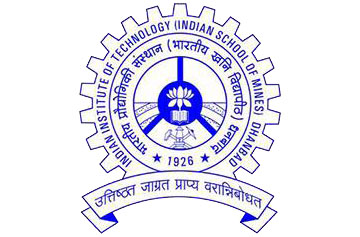 |
| UrbanPlan Consulting & Engineering Pvt. Ltd. (UPPL) Founded in 1987 as a Private Limited Company, UrbanPlan Consulting & Engineering is a multidisciplinary independent company having its offices registered office in Aligarh & branch in Delhi. The environmental division is actively engaged in providing consulting, engineering and implementation for the projects in the areas of Environmental Engineering, Water Supply, Sanitation, Waste Management, and Industrial Pollution Control, River Rejuvenation etc. in India and abroad. | 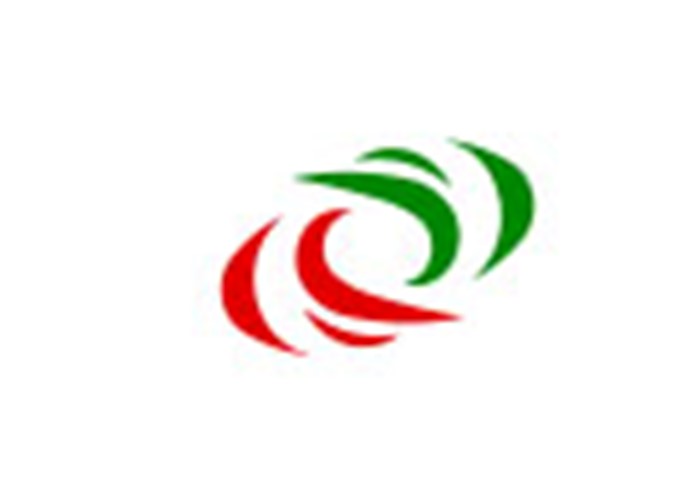 |
| Lars Enviro Pvt. Ltd. (LEPL) Website The Lars Enviro is an Environmental Engineering organization offering total water management solutions. With more than 450 assignments to their credit across 25+ types of industries, Lars Enviro possess experience of designing and running more than 270 full-scale anaerobic reactors which is unparalleled in S E Asia. They provide solutions across all spheres of water and wastewater treatment like Industrial wastewater treatment, Recycling systems, Raw Water treatment, Sewage treatment, Solid Waste management and more. | 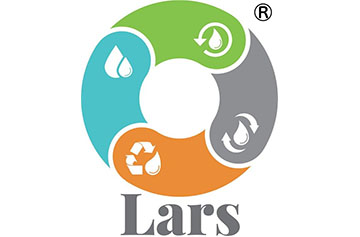 |
| Symbiosis International University (SIU) Website Symbiosis International (Deemed University) was established with the basic principle to provide facilities for education and research of University standard, the encouragement of the dissemination, advancement, development and application of knowledge, the provision of courses of study or instruction across a range of fields, and the carrying out of research, to meet the needs of the community, the provision of teaching and learning that engage with advanced knowledge. | 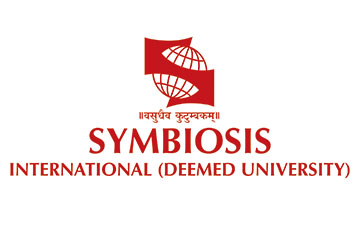 |
| National Mission for Clean Ganga (NMCG) Website The National Mission for Clean Ganga (NMCG) was registered as a society on 12th August 2011 under the Societies Registration Act 1860. It acted as implementation arm of National Ganga River Basin Authority (NGRBA) which was constituted under the provisions of the Environment (Protection) Act (EPA),1986. | 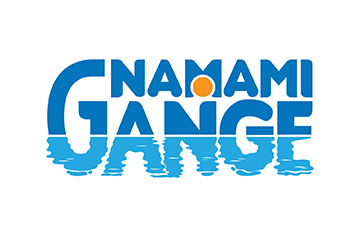 |
| National Institute of Urban Affairs (NIUA) Website NIUA us an institute for research, capacity building and dissemination of knowledge for the urban sector in India. conducts research on urbanization, urban policy and planning, municipal finance and governance, land economics, transit-oriented development, urban livelihoods, environment & climate change and smart cities. The institute was set up to bridge the gap between research and practice, and to provide critical and objective analyses of trends and prospects for urban development. NIUA has assisted in policy formulation and programme appraisal and monitoring for the Ministry of Urban Development, state governments, multilateral agencies and other private organizations. | 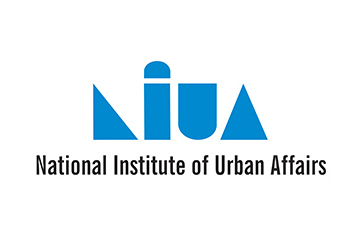 |
European Project Partners:
| University of Natural Resources and Life Sciences (BOKU) Website The Austrian University BOKU is active in education, applied science and research for water quality management. For this project, the Institute of Sanitary Engineering and Water Pollution Control at the Department of Water, Atmosphere and Environment is the main contributor. | 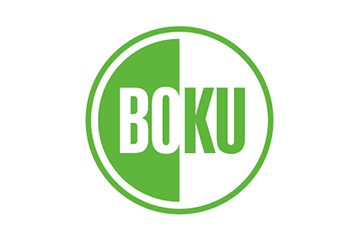 |
| IRIDRA Srl Website IRIDRA S.r.l., founded in 1998 in Florence Italy, is a private consulting engineering firm composed by an interdisciplinary group of professionals specialised in environmental innovation in the field of water resource management. | 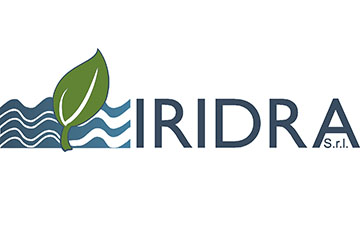 |
| Environmental Engineering and Microbiology Group (GEMMA), Universitat Politecnica de Catalunya (UPC) Website The Group of Environmental Engineering and Microbiology (GEMMA) is located at the Department of Hydraulic, Maritime and Environmental Engineering of the Technical University of Catalonia (UPC) Spain dedicated primarily to education, research and transfer of knowledge in Environmental Engineering, particularly in the fields of environmental biotechnology, water supply, wastewater treatment and bioenergy generation. |  |
| BIOAZUL S.L Website BIOAZUL S. L. is a Spanish company that provides innovative technical and commercial solutions in the fields of environment, energy and water engineering, using knowledge and skills acquired through an extensive experience in different industrial sectors. | 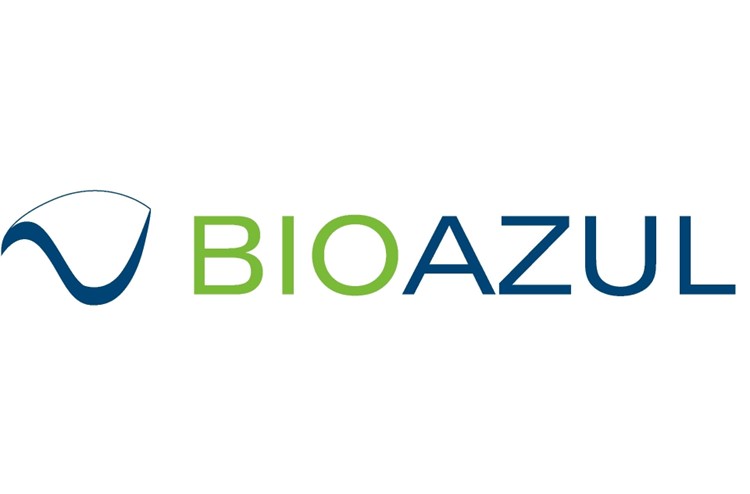 |
| seecon impact gGmbH Website seecon international gmbh is a private organization based in Switzerland specialized in providing innovative solutions to achieve sustainable development in Europe, Asia, Africa and Latin America. Together with its clients and partners, seecon uses a multidisciplinary approach that integrates social, environmental and economic issues, leading participatory processes in the search for tailored solutions to the needs of communities. | 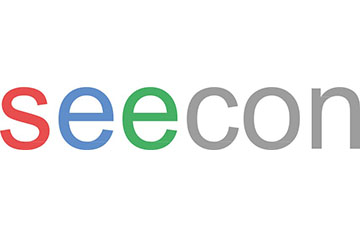 |
| Kre_Ta Landscape Architecture Website Kre_Ta is a creative SME, running an office for landscape architecture and urban planning in Berlin, Germany, focusing on sustainable and green urban designs with a strong focus to R&D projects in order to develop and design eco-innovative solutions. | 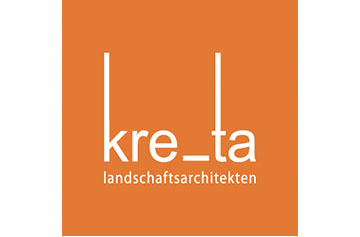 |
| AIMEN Technological Centre (AIMEN) Website AIMEN is a Spanish Non Profit private association constituted by 110 companies, which supplies technological support to more than 400 companies dedicated to industrial or commercial activity related to metallurgy, automotive sector, civil construction, environment, mechanics, shipbuilding, chemicals, foundry, machinery, ceramics, food, cement, wood and its derivates, plastics, engineering, assembly and others. Regarding environmental technologies, AIMEN expertise is focused on anaerobic digestion, adsorption techniques to remove pollutants or recover nutrients or valuable resources, advanced oxidation processes to eliminate micropollutants in wastewater and constructed wetlands for urban and industrial wastewater treatment. | 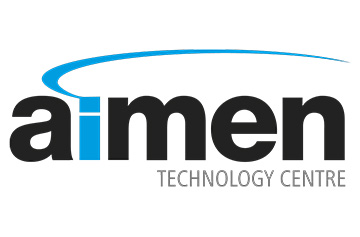 |
| AARHUS University (AU) Website Aarhus University is the second largest University in Denmark with about 40.000 students. The section of Aquatic Biology is part of the Department of Bioscience of the faculty of Science and Technology. The section focuses in aquatic ecosystems, limnology, ecophysiology of aquatic plants in waters, the use of wetlands for water pollution control, decentralized wastewater treatment, emergent pollutants, gas emissions from wastewater treatment systems and recovery of resources from wastewaters. The section has over 25 years of experience in the use of wetlands for the mitigation of water pollution. Extensive research has also been done in the removal of nutrients from domestic wastewater and the optimization of advanced stormwater runoff treatment using planted wetponds. | 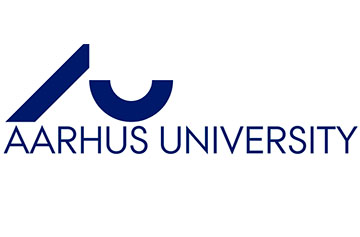 |
| AUTARCON GmbH (AUTARCON) Website AUTARCON is a Germany based SME founded in 2010 as a spin-off of Kassel University. The vision of the company is the supply of remote rural regions with sustainable and long-term reliable drinking water through decentralized treatment. The company currently operates treatment stations active in 10 countries – among them India and supplies 50.000 people with safe drinking water. With SuMeWa|SYSTEM AUTARCON offers an innovative technology running on solar PV energy to pump and sustainably treat and disinfect water, without the need for electricity. AUTARCON is specialized on electrolytic oxidant production, water disinfection, water quality monitoring and online transmission of operational parameters. | 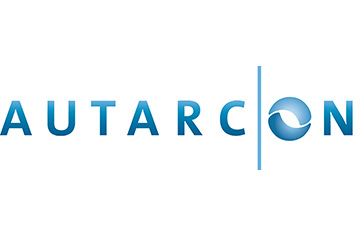 |
| Pessl Instruments GmbH (PESSL) Website 1 and Website 2 PESSL Instruments GmbH, located in Weiz, Austria, has been producing reliable measuring instruments for 35 years. It is specialized in the development of innovative products in the field of agricultural monitoring and precision farming. PESSL has developed various devices for the measurement and monitoring of different agricultural parameters. More than 40,000 customers in 86 countries from all over the world have been supplied with PESSL ́s products by more than 150 distribution partners. PESSL has 51 employees, developing and manufacturing high quality products and organizing worldwide marketing and sale. The instruments of PESSL are available under their own brand name, METOS®. The instruments are used in a variety of fields, from agriculture to logistics, from research to large companies. Based on the PESSL chain interface, the connection of various sensors is possible. | 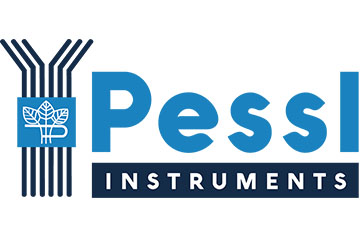 |
| Helmholtz-Zentrum für Umweltforschung GmbH (UFZ) Website The Helmholtz Centre for Environmental Research - UFZ, Germany, was established in 1991 as the first and only centre in the Helmholtz Association of National Research Centres to be exclusively devoted to environmental research in a great variety of fields. It currently employs around 1000 people. Founded in response to the severe pollution prevailing in Central Germany, the UFZ has become a world-wide acknowledged centre of expertise in the remediation and re-naturation of contaminated landscapes, as well as the preservation of biodiversity and natural landscapes. | 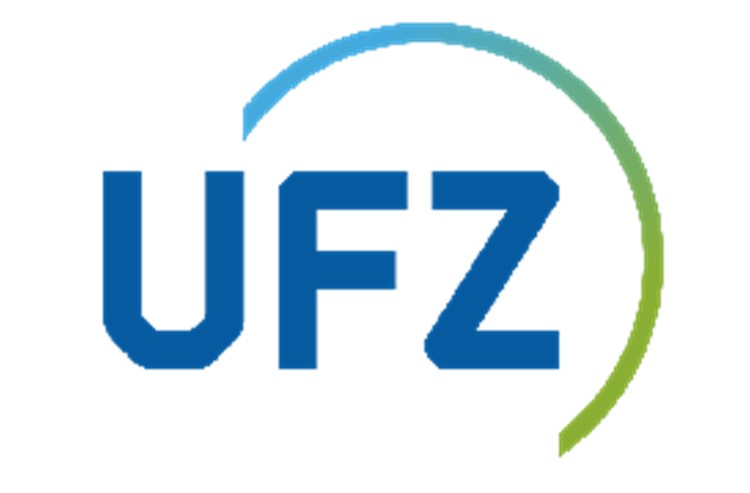 |
For more information please visit: PAVITR
